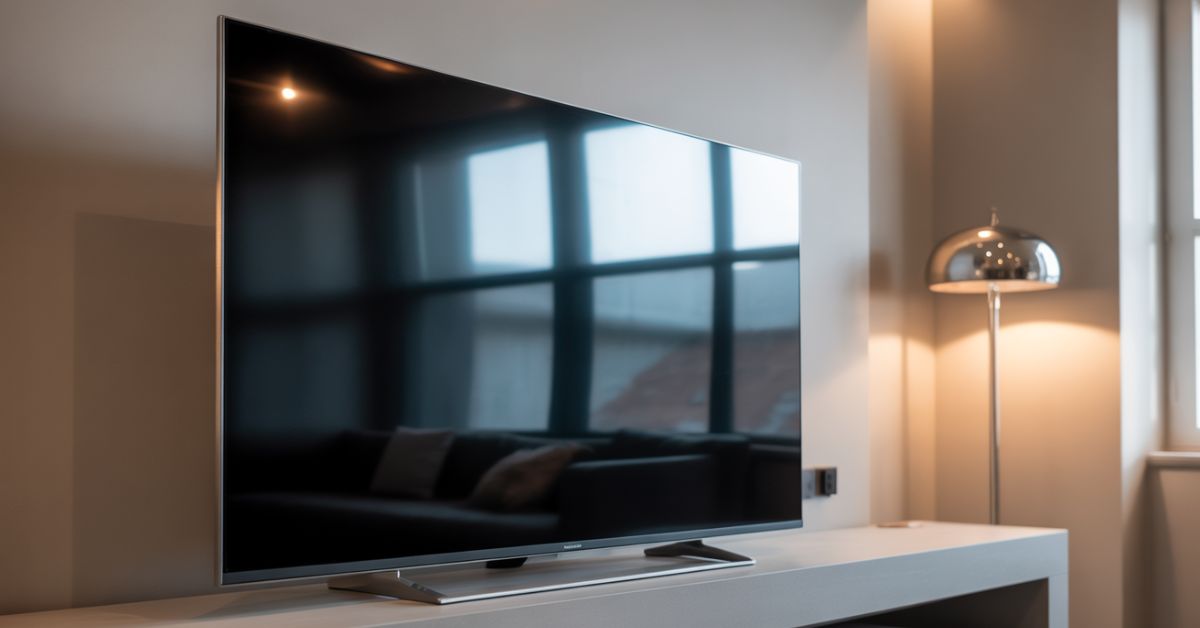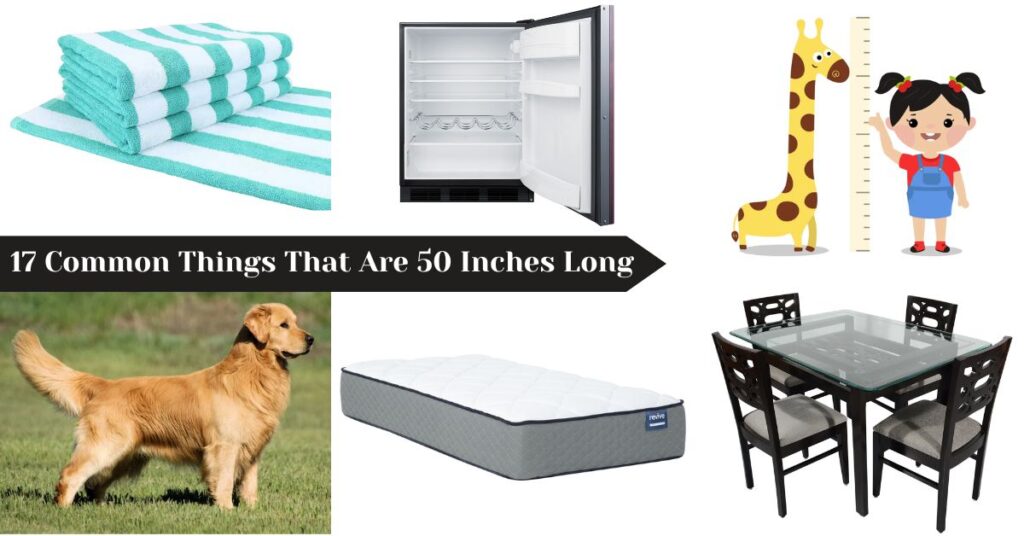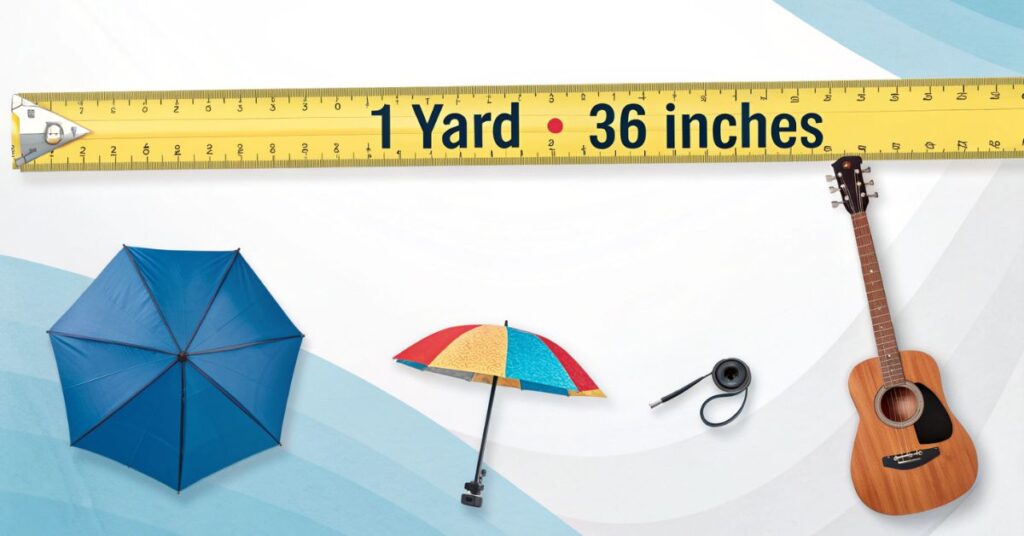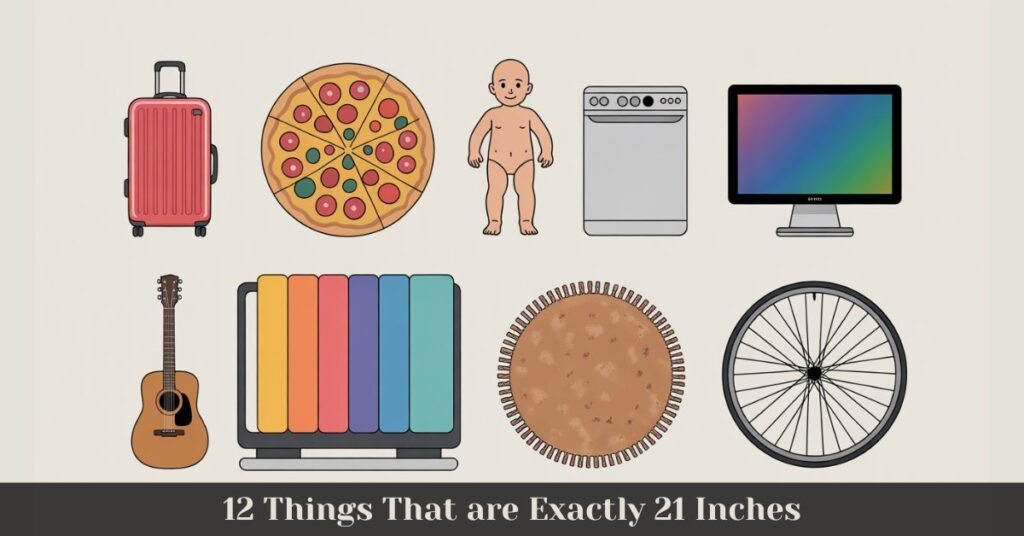You’re holding that measuring tape, staring at your living room wall, wondering if that gorgeous 60-inch TV will actually fit.
The excitement of upgrading your entertainment setup quickly turns into anxiety when you realize the actual dimensions might not match what you imagined.
Let’s solve this puzzle with precise measurements and practical room planning advice.
🖥️ 60-Inch TV Dimension Calculator
🖥️ 60-Inch TV Dimension Calculator
Get exact measurements and room recommendations for your perfect TV setup
📊 Your TV Specifications
Actual Width
Actual Height
Width (Centimeters)
Height (Centimeters)
Screen Area
Optimal Distance
📐 Visual Size Reference
Tip: The width shown above represents your TV’s actual width, not the diagonal measurement!
The Diagonal Truth
The Screen Size Mystery Explained
Here’s what surprises most people: when manufacturers advertise a 60-inch television, they’re measuring the diagonal length from one opposite corner to the other. This diagonal measurement doesn’t tell you the actual width or height you’ll need to plan for.
Think of it like measuring a picture frame diagonally rather than side-to-side. That 60-inch screen creates a specific screen area based on its aspect ratio, typically 16:9 for modern TVs.
Why This Matters for Your Space
The diagonal measurement system can be misleading when planning your room layout. You need to know the actual dimensions – width, height, and depth – to make an informed decision about placement and ensure an optimal viewing experience.
TV Dimensions Breakdown
Standard Width and Height Measurements
A standard 60-inch TV measures approximately:
- Actual width: 52.3 inches (132.8 cm)
- Height: 29.4 inches (74.7 cm)
- Diagonal length: exactly 60 inches (152.4 cm)
- Screen area: roughly 1,539 square inches
Measurements in Different Units
For international buyers or those preferring metric measurements:
60-inch TV in centimeters: 132.8 cm wide × 74.7 cm tall 60-inch TV in millimeters: 1,328 mm × 747 mm 60-inch TV in feet: 4.36 feet wide × 2.45 feet tall
Brand-Specific Variations
Different manufacturers add a few inches variation due to bezel design:
Samsung 60-inch TVs typically measure 52.6″ × 29.7″ LG models often come in at 52.4″ × 29.5″
Sony displays usually measure 52.2″ × 29.3″
The differences are minimal, but worth checking for your specific model when precision matters.
Space Requirements
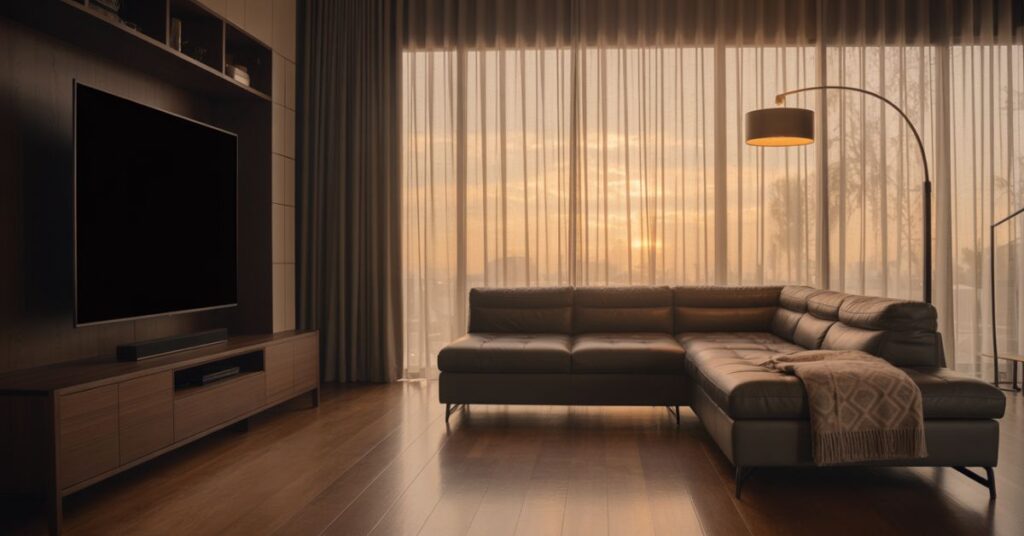
Optimal Viewing Distance Formula
Expert recommendation: Position your seating 7.5 to 12.5 feet from your 60-inch screen. This distance ensures comfortable viewing without eye strain while maximizing the immersive experience.
Trae Jacobs, a home theater specialist, suggests the “2.5x rule” – multiply your screen size by 2.5 inches to find the minimum viewing distance in feet. For 60-inch TVs, that’s 12.5 feet minimum.
Room Size Considerations
Small rooms (10×12 feet): A 60-inch display might overwhelm the space Medium rooms (12×15 feet): Perfect sweet spot for 60-inch televisions Large rooms (15+ feet): You’ll have enough space for optimal placement
Wall Mounting vs. Stand Placement
Wall mounting saves space but requires:
- Sturdy wall capable of supporting 45-65 pounds
- Proper eye level positioning (center of screen 42-48 inches from floor)
- Cable management planning behind the wall
Stand placement needs:
- TV stand width of at least 54 inches for stability
- Depth clearance of 12-15 inches including cables
- Space requirements for ventilation around the unit
Creating the Perfect Viewing Setup
The Cinematic Experience Formula
Position your 60-inch TV to create a truly immersive viewing experience:
Screen positioning: Mount or place the TV so the center sits at eye level when seated Lighting control: Avoid placing opposite windows to prevent glare Sound considerations: Leave space for soundbars or speakers to enhance sound quality
Furniture Arrangement Tips
Your seating arrangement dramatically affects your optimal viewing experience:
Sofa placement: Center your main seating directly facing the screen Side chairs: Angle slightly toward the TV for better viewing angles
Coffee table: Keep low enough to not obstruct the bottom of the screen
Smart Features and Modern Considerations
Streaming Services Optimization
Modern TVs with smart features require additional considerations:
Internet connectivity: Ensure strong Wi-Fi signal reaches your TV location Streaming quality: Your 60-inch screen will showcase 4K content beautifully **Screen resolution: Look for 4K (3840×2160) to maximize picture quality
Future-Proofing Your Setup
Consider these factors for long-term satisfaction:
Upgrade path: Leave room for future sound system additions Cable management: Plan for multiple HDMI connections Ventilation: Ensure proper airflow around your inch television
Common Sizing Mistakes to Avoid
The “Bigger is Always Better” Trap
Room size determines optimal screen size more than personal preference. A 60-inch TV in a small apartment can create uncomfortable viewing angles and dominate your living room.
Underestimating Actual Space Needs
Remember to account for:
- Stand depth (8-12 inches typically)
- Cable management space (4-6 inches behind wall-mounted units)
- Side clearance for ventilation and accessibility
Installation and Setup Tips
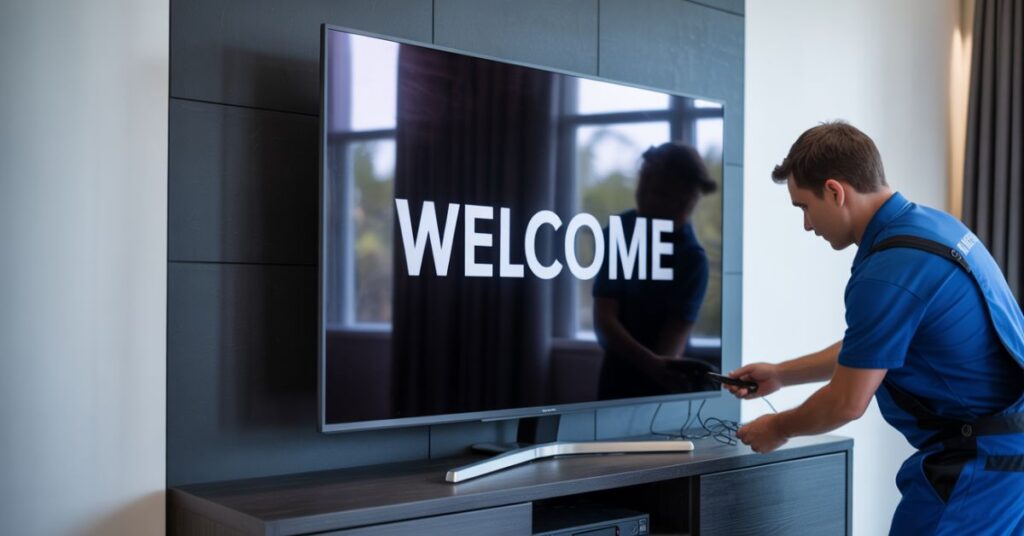
Pre-Purchase Planning Checklist
Measure twice, buy once:
Doorway clearance: Ensure the TV box fits through all doorways Stairway navigation: Consider delivery path challenges
Final placement: Confirm wall strength for mounting or furniture stability
Professional vs. DIY Installation
DIY installation works if you have:
- Basic tool knowledge and proper equipment
- Understanding of wall stud locations
- Patience for cable management
Professional installation recommended for:
- Complex wall mount situations
- Integrated sound system setup
- Smart home connectivity requirements
Making Your Final Decision
Is 60 Inches Right for Your Space?
Use this quick assessment:
Perfect fit: 12×15 foot rooms with 8-10 foot viewing distance Consider smaller: Rooms under 10×12 feet or closer seating Go bigger: Large rooms over 15×20 feet with distant seating
Next Time Shopping Tips
Compare these specifications:
- Average dimensions across brands for consistency
- Smart features that match your streaming services
- Picture quality ratings and screen resolution
- Warranty coverage and customer service reputation
Reference Points Using Common Household Items
To visualize a 60-inch screen:
- Width equals about 4.5 feet – similar to a standard office desk
- Height matches a typical kitchen counter
- Total screen area roughly equals a twin mattress surface
FAQ’s
How much space do you need for a 60-inch TV?
Plan for at least 8×10 feet of room size with your seating positioned 8-12 feet from the screen. Include additional space for furniture movement and proper ventilation around the unit.
What’s the actual width of a 60-inch TV?
The actual width measures approximately 52.3 inches for most models, not the advertised 60-inch diagonal measurement. Always check your specific model for precise dimensions.
How does viewing distance affect the experience?
Sitting too close creates eye strain and pixelation visibility. Too far reduces the immersive experience. The sweet spot sits between 7.5-12.5 feet for optimal viewing.
Conclusion
Understanding 60-inch TV dimensions transforms your shopping experience from guesswork into confident decision-making. With proper measurements and room planning, you’ll create the perfect entertainment setup that delivers years of cinematic experience enjoyment. Take those measurements seriously – your future self will thank you for the planning effort.

Welcome to Swiftnis.com! I manage this site to provide accurate and easy-to-understand measurement guides. My goal is to make measurements simple for everyone. Whether you need Conversions, Tools, or Tips, I’m here to help. Enjoy exploring and measuring with confidence!
